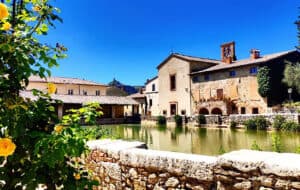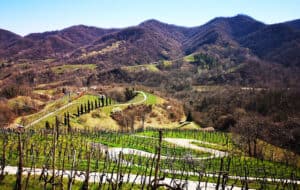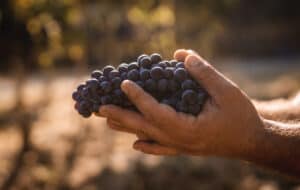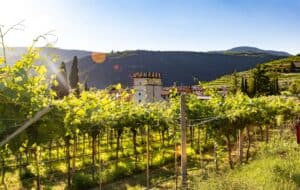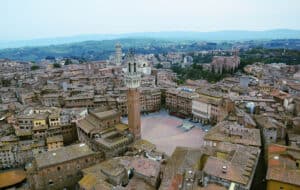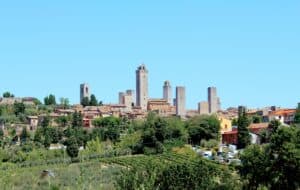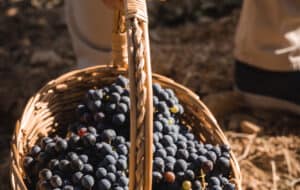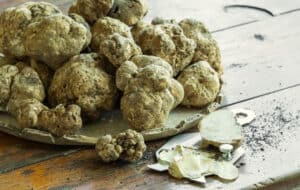Extra Virgin Olive Oil is a magic balm and the foundation of Italian Cuisine. In Tuscany we have 110 recognized olive cultivars, the largest number in all of Italy.

Origins
Olive oil has very ancient origins. In fact, the first olive trees date back to more than 7.000 years ago, grown in the eastern Mediterranean area, particularly in Israel. It was the Greeks who experimented with the first oil mills and the first olive oil production techniques, followed by the Romans.
These techniques have remained unchanged for several centuries. The role of the Greeks was also fundamental in the diffusion of the olive tree, expanding its cultivation throughout the Magna Grecia. The Romans, however, gave the oil the opportunity to reach France and Spain. In the latter countries as well as in Italy, the climatic conditions were ideal guaranteeing the optimal growth of the plants. Olive trees, in fact, are very delicate and they suffer from the cold, that is why they thrive better in the Mediterranean basin.
Starting in ancient times, oil was used as a fuel for oil lamps and mainly in cooking, quickly becoming a pivotal element of the famous Mediterranean diet. It was also used as medicine and as a component in cosmetics, in particular to create creams and ointments for the skin making them very soft and elastic.
The appearance of oil in Italy occurred from the 8th century BC when Greece colonized southern Italy. It soon became an important part of the national economy. The first classifications and the first specialized sellers were created. After the fall of the Roman Empire which led to the Barbarian Invasions, the period of decline that affected our country also affected the spread of olive oil.

It was only after the year 1.000 that the recovery began, also thanks to the donations of land plots by convents and monasteries. The definitive revival took place later when the Venetian merchants, together with the Florentine and Genoese ones, brought it to the East and northern Europe. From that moment on, Italian olive oil became famous and renowned.
Modern Age
The first official cataloging of olive trees in Italy took place in the 18th century. After Puglia and Tuscany, the third region to stand out in the production of olive oil was Umbria which became the most developed production area in Italy. The growth in oil production had an inevitable slowdown in the first half of the 1900s, mainly due to the wars that led to the abandonment of rural areas.
For decades, our grandparents and great grandparents had to focus more on the quantity than on the quality of the oil they produced. It was important for them to have enough olive oil for family use but even better for them to have extra to sell.
Fortunately, olive oil subsequently returned to its prestigious role, especially after its nutritional health benefits were confirmed. In fact, it constitutes a defense against diseases affecting the digestive and cardiovascular systems as well as lowering bad cholesterol levels, promoting brain activity, and slowing down bone aging.
IS only in Modern Age that we start to talk of Extra Virgin Olive Oil.
Extra Virgin Olive Oil: how it is made

Italy has the largest variety of olive cultivars in the world: over 700! Just think that Spain only reaches 20. Thanks to our mild climate, olive trees are present all over our country, except for in Piedmont and the Valle d’Aosta. Most tree varieties have a well-defined area while few are found in more than one region. Our country has special olive oils ranging from the delicate variety of Garda oils to the complexity of Tuscan ones, the power of the Apulian olive oil and the extraordinary elegance of the Calabrian olive oil.
Tuscany is the Italian region with the highest number of recognized cultivars – there are 110 of them! Moraiolo, Frantoio, Leccino, Pendolino, Correggiolo, and Olivastra are the most common.
According to the strict European Union regulations for Extra Virgin Olive Oil, we are referring to a product with an acidity equal to or less than 0.8% obtained by extraction using only mechanical (not chemical!) methods. As in all kinds of food, the most important thing in order to obtain a quality product is the quality of the raw materials: olives, in this specific case.
First of all, the fruit should be very fresh and not overripe. So, if our grandparents used to start the harvest at the very beginning of December, now we usually start by the first half of October. In that way, the olives are rich in nutrients and in flavors instead of being dehydrated and already oxidized.
The olives must be harvested directly from the plant and not from the ground since this would result in the production of a very acidic oil of poor quality. The collection takes place with shakers, now preferred to traditional manual methods, to save time and increase efficiency. However, there are many properties where the collection is still done manually, especially in the many family-run productions.
The collected olives must be stored in aerated crates, transported with care, and pressed as soon as possible, preferably within the day. Prolonged storage, in fact, increases the acidity (to obtain the denomination of extra virgin the acidity must be very low), ruining the fruit from an organoleptic point of view (heat, mustiness, rancidness, and mold, are potential flaws).
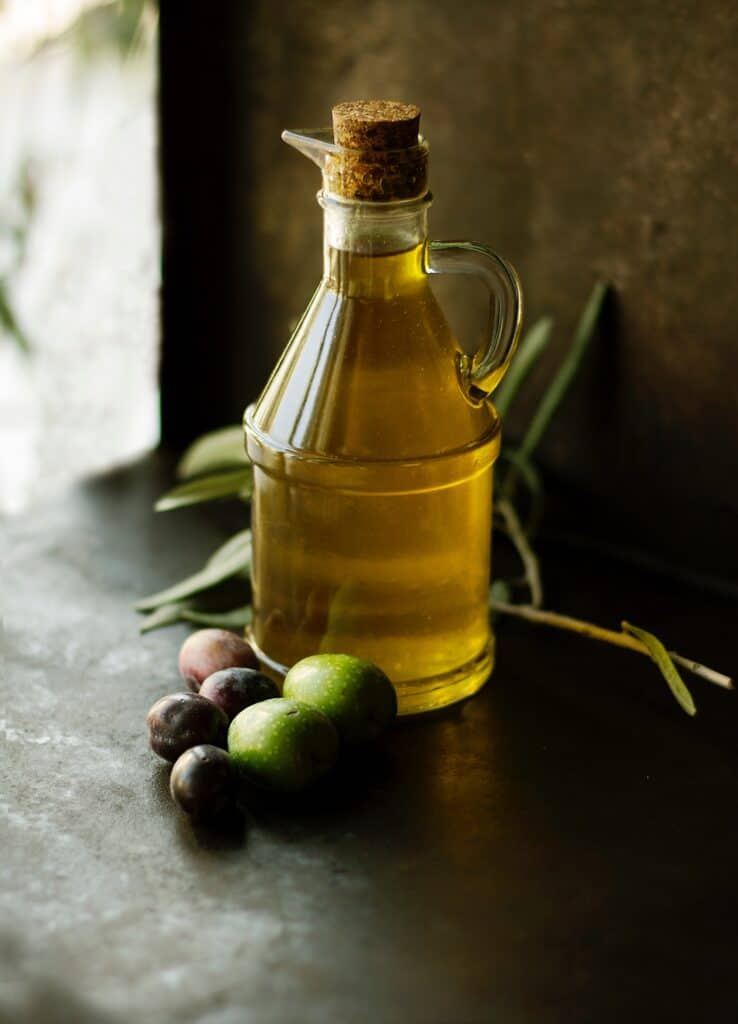
At the oil mill, olives are washed and then pressed (sometimes still using millstones). The result is a pomace from which water is removed by centrifugation. The Extra Virgin Olive Oil is now ready!
If you have a slice of bread, you can enjoy a bruschetta straightaway! And you can keep it and use it… basically forever! Although an expiration date is mandatory (usually one year and a half from the bottling), extra virgin olive oil will never be harmful to your health. It may be less flavorful, poorer in nutrients, maybe a bit rancid if not stored well, but never dangerous!
In our area there are many oil mills. Some of them are open all year long, others only during the production season. Come along with us to learn everything there is to know about Extra Virgin Olive Oil, and you will not regret it!
